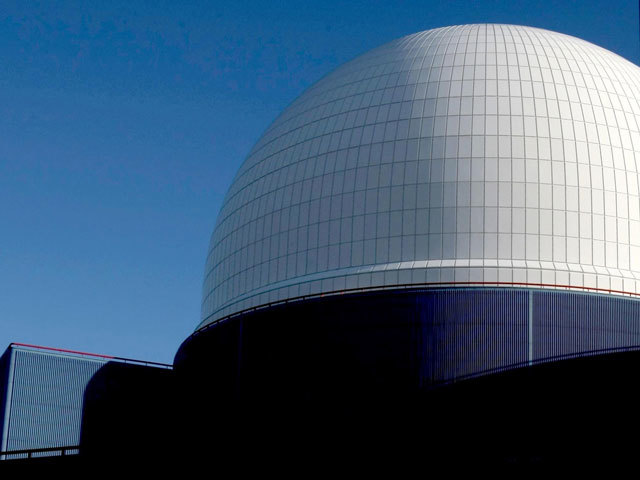
New ways of funding nuclear power and technology to capture carbon emissions could help the UK deliver net-zero emissions, the Government has said.
The Business and Energy Department has pledged up to £18 million investment to help develop the UK’s first “mini reactor” – power stations which are smaller and less expensive to build than traditional nuclear plants.
It is hoped the smaller modular reactors could be up and running in the early 2030s, with each power station providing enough electricity for 750,000 homes.
And the Government has unveiled plans to examine innovative forms of funding for new nuclear schemes, using a “regulated asset base” model which would share the risks between investors and consumers to reduce project costs.
The approach could also be used to reduce the costs of transport and storage of carbon dioxide, officials said.
A funding model similar to the “contracts for difference” scheme which provides developers with a guaranteed price for the electricity they generate from a new project, or other options, could be used to deliver investment in carbon capture schemes.
The technology aims to capture carbon emissions from fossil fuel power plants or heavy industry such as steel and concrete production, and then use it for other processes or transport it to storage deep underground, for example under the North Sea.
The Government has committed £170 million towards deploying technologies such as carbon capture to help develop the world’s first net-zero industrial cluster by 2040, and hopes to have the technology at scale by the 2030s.
Plans have also been announced to make it easier to recycle oil and gas infrastructure for use in carbon capture projects to drive down construction costs and help oil and gas industry workers move into the green economy.
Business and Energy Secretary Greg Clark said: “A critically important step in reaching net-zero emissions will be transforming the energy system so the economy can be powered by affordable, secure and clean energy.
“We will need to change not just the way we use energy in our homes and businesses, but also how it is produced and delivered.
“We need to do this in a way that keeps the cost of energy as low as possible and ensures our energy security is never compromised.”
And he said: “This new funding model has the potential to help UK industry seize the global challenge of the low carbon transition by building the infrastructure we need, while offering value for money for consumers and taxpayers.”
Tom Greatrex, chief executive of the UK Nuclear Industry Association, said of the regulated asset base model: “This approach is already well established with investors in large infrastructure projects, and will reduce the cost to consumers as we replace our ageing fleet.
“Doing so is fundamental to meeting net-zero, and we need to get on with it now.”
Recommended for you
